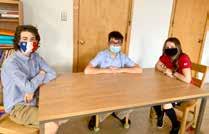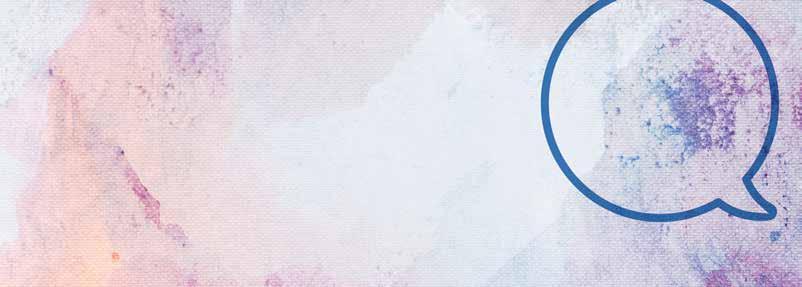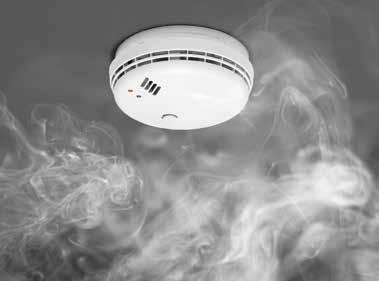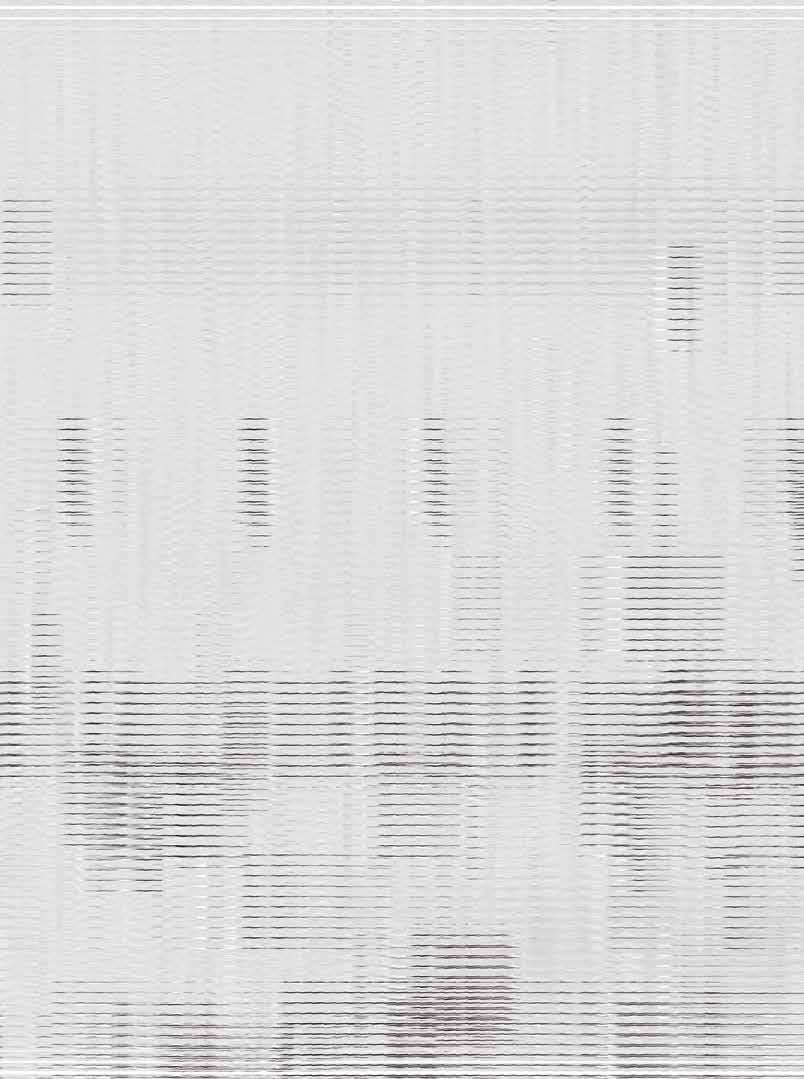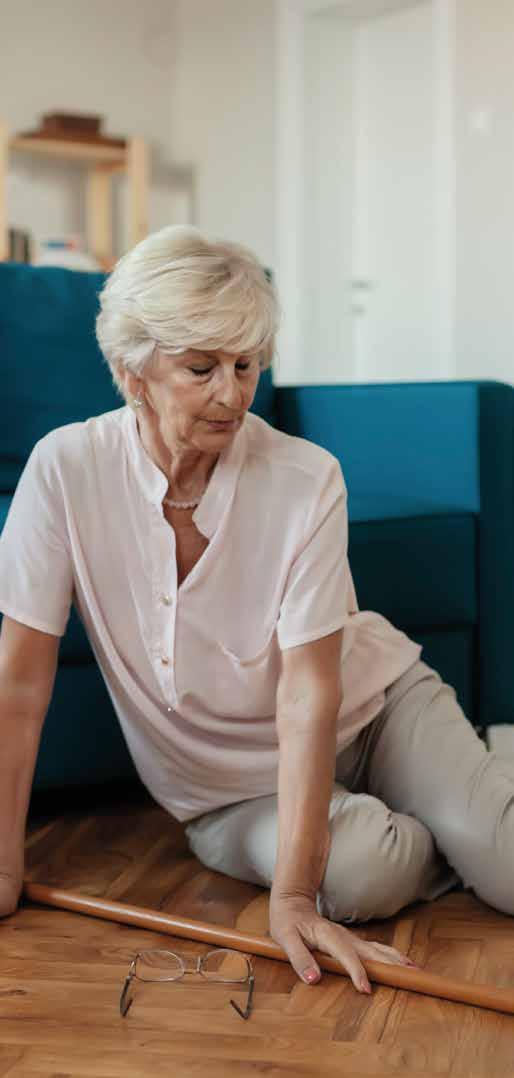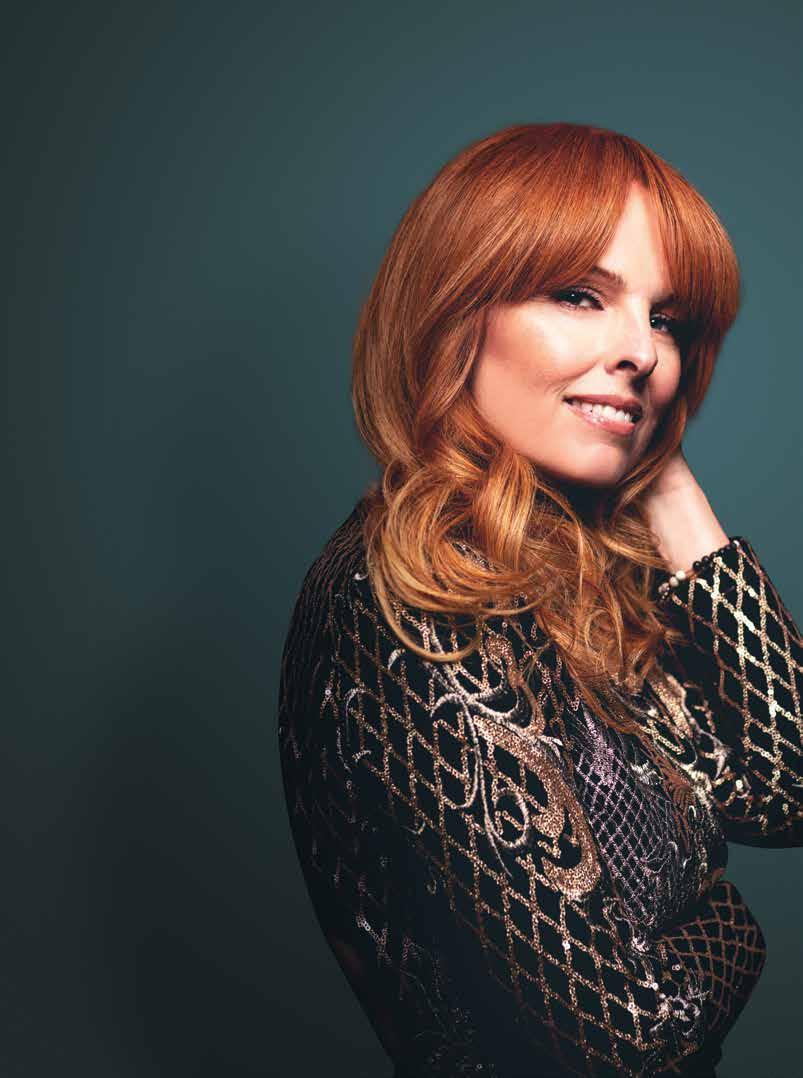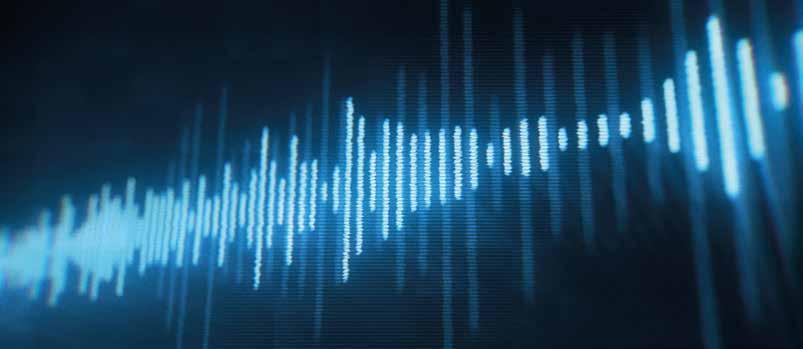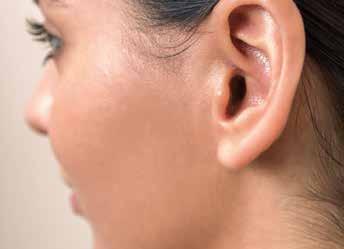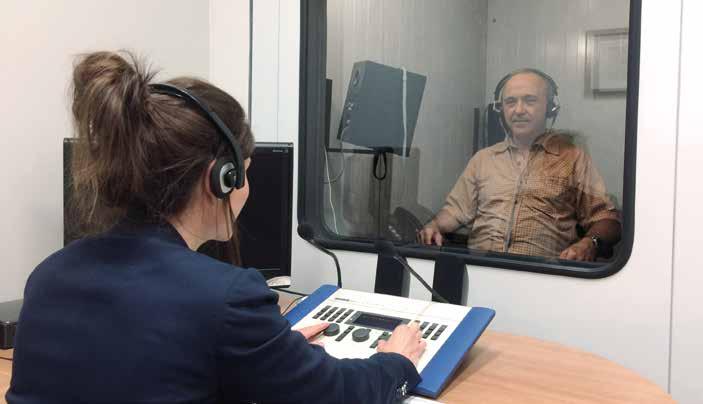Newborn Hearing Screening IN A FEW QUESTIONS
For several years now, hospitals have been offering hearing screening as soon as a child is born. This type of screening is important because undetected hearing loss affects children’s language development and learning. It is estimated that 1 to 3 of every 1,000 babies have moderate permanent hearing loss in both ears. Another 1 to 3 babies of every 1,000 may have mild permanent hearing loss in one ear.
What is newborn hearing screening? In the hospital, screening is usually done by an audiologist or a nurse under their supervision. During this quick test, an earmold is inserted into the baby’s ear and a device produces different tones. When the cells in the inner ear are healthy, they respond to these sounds by sending echoes, called otoacoustic emissions. During the test, the device determines whether the ear is producing those otoacoustic emissions. It needs to be done in silence so that the device can receive responses from the inner ear cells. Ideally, it’s done while the baby is sleeping.
1 to 3
of every
1,000
babies
have moderate permanent hearing loss in both ears
If the baby is calm, the screening only takes a few minutes; it will take longer if he is awake and moving. Either way, there’s no need to worry. The screening is non-invasive and doesn’t hurt the child.
What if screening isn’t available at the hospital where my child will be born? Audiologists working in clinics can also perform newborn hearing screenings. However, the test requires specific equipment, so it’s best to check which clinics offer this service.
What happens if the hearing screening isn’t successful? If the hearing screening is unsuccessful, it will need to be repeated a little later. This doesn’t mean your child cannot hear; the screening may be successful during the second appointment. It could just mean that there was an obstruction in the ears because of delivery, which may have prevented the device from picking up on the echo, or that the initial test conditions were not optimal (e.g. restless baby). It’s a common occurrence in newborns. If the second screening is unsuccessful, more advanced tests will be offered to assess your child’s hearing.
12
LOBE.CA | © LOBE MAGAZINE 2020



